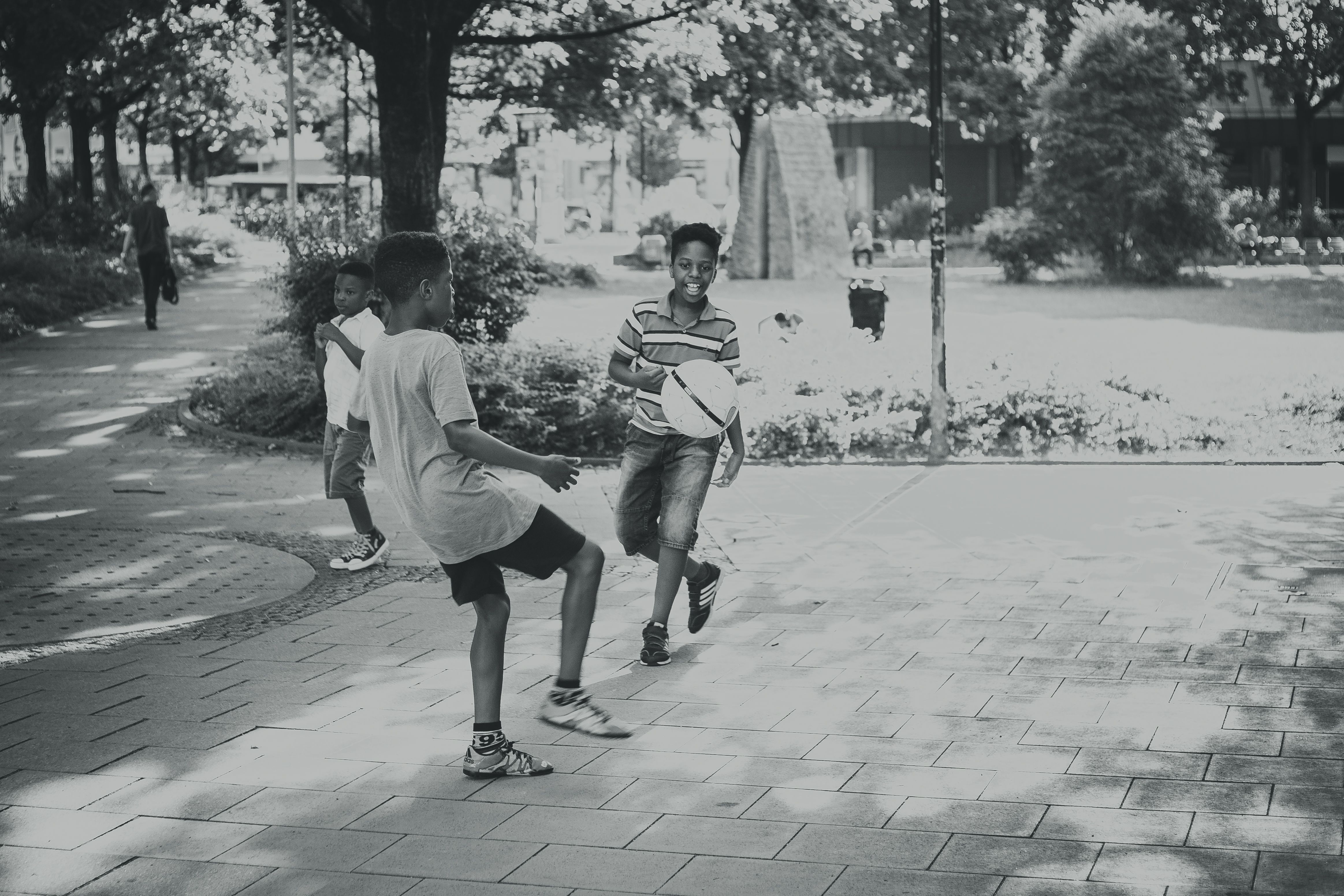
Our summer intern gives us some info about peer pressure
First of all, who are your peers?
Peers are your friends and people your age or close to it who have experiences and interests similar to yours.
Positive Peer Pressure
Some pressure that we feel from peers and friends may inspire or empower us to make healthy decisions for ourselves. A few examples could be:
- Pushing a friend to do better in school to get better grades
- Pushing a friend to try out for a sport or activity they're genuinely interested in but may feel hesitant about for some reason
- Encouraging friends to hang out together could lead to a sense of belonging and support
If you feel that you’re experiencing peer pressure, here are some things to keep on your mind:
- Pay attention to how you feel: Your emotions are reactions and are there for a reason. If you feel anxious, stressed, on-edge, or small around someone, that may be a sign that they are not nice to you or even bullying you.
- Have friends with similar values and beliefs: Surrounding yourself with people who understand your value system can feel really good and empowering.
- Plan ahead: If you’re hanging out with people who peer pressure, make sure you have an escape plan – this may mean arranging early on with a friend or caregiver to be available to pick you up if you call them, or setting time limits on how long you’re going to stay.
- Communicate with each other: This includes standing up for yourself and making your boundaries known.
- Respect your differences: It is healthy to have friends who can let you be yourself even if they’re very different from you.
- Don’t be afraid to spend time apart: Healthy friendships can hold up during time apart, and you can pick back up with each other when it works for each of you.
- Learn to compromise: You can decide what limits you want to push and which ones are hard lines for you – in a healthy friendship this will be respected.
Why is it hard to say “no” or push back when we experience peer pressure?
The fear of saying “no” may stem from the urge to avoid conflicts or confrontation. It’s also hard to say “no” when you don’t want to disappoint others.
If you're looking for additional support in dealing with peer pressure, or you'd like to get some tips or talking points, feel free to EMAIL US any time.







